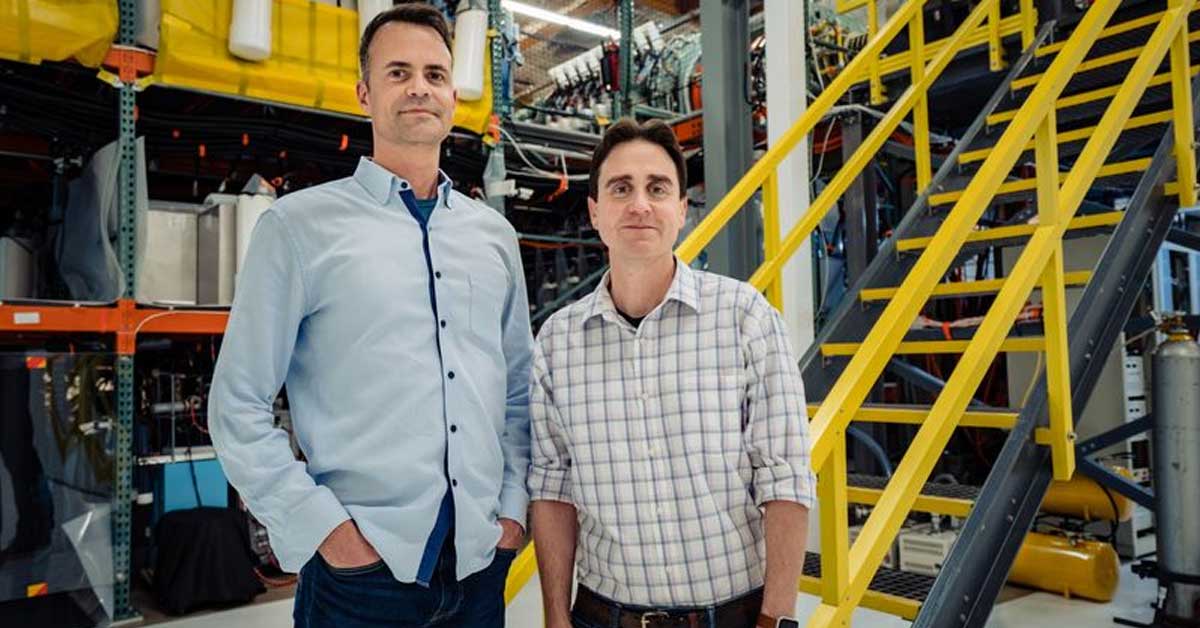Helion Energy, a U.S.-based startup backed by Sam Altman, has secured $425 million in Series F funding to support its ambitious goal of building the world’s first nuclear fusion power plant. The investment round drew participation from prominent investors, including Lightspeed Venture Partners, SoftBank, and Vision Fund 2, as well as existing investors such as Capricorn Investment Group, Mithril Capital, Dustin Moskovitz, and Nucor.
Helion Energy has now raised a total of over $1 billion in capital since its founding in 2013, following its latest funding round. The company is working towards a groundbreaking goal: building the world’s first nuclear fusion power plant by 2028. Notably, Helion has already secured a purchase agreement from Microsoft, a major investor in OpenAI, which is backed by Sam Altman.
David Kirtley, Helion’s co-founder and CEO, expressed enthusiasm for the company’s future prospects. “I am very excited for what this funding will enable for us. We will be radically scaling up our manufacturing in the US – enabling us to build capacitors, magnets, and semiconductors much faster than we have been able to before. This accelerates the construction of the world’s first fusion power plant and then all our plants to come,” he said.
Nuclear fusion is considered the ultimate goal in energy production by scientists, as it replicates the process that powers the Sun. This process involves combining atomic nuclei to generate vast amounts of energy, a stark contrast to nuclear fission, which splits heavy atoms into smaller ones and is used in atomic weapons and nuclear power plants.
Helion Energy’s latest prototype, Polaris, was recently unveiled in Everett, Washington. This seventh-generation prototype operates at incredibly high temperatures, exceeding 100 million degrees Celsius, with the ultimate goal of generating electricity.
Scientists at China’s Experimental Advanced Superconducting Tokamak (EAST) fusion energy reactor, also known as the “artificial sun”, achieved a significant breakthrough by sustaining plasma for an impressive 1,000 seconds, shattering the previous record of 403 seconds set in 2023.
Scientists consider the 1,000-second stabilization of the system a significant milestone in advancing the technology. Although the nuclear reactor has yet to achieve ignition, where nuclear fusion generates its own energy, the new record marks a promising step towards sustaining prolonged plasma loops that could potentially power future facilities.






